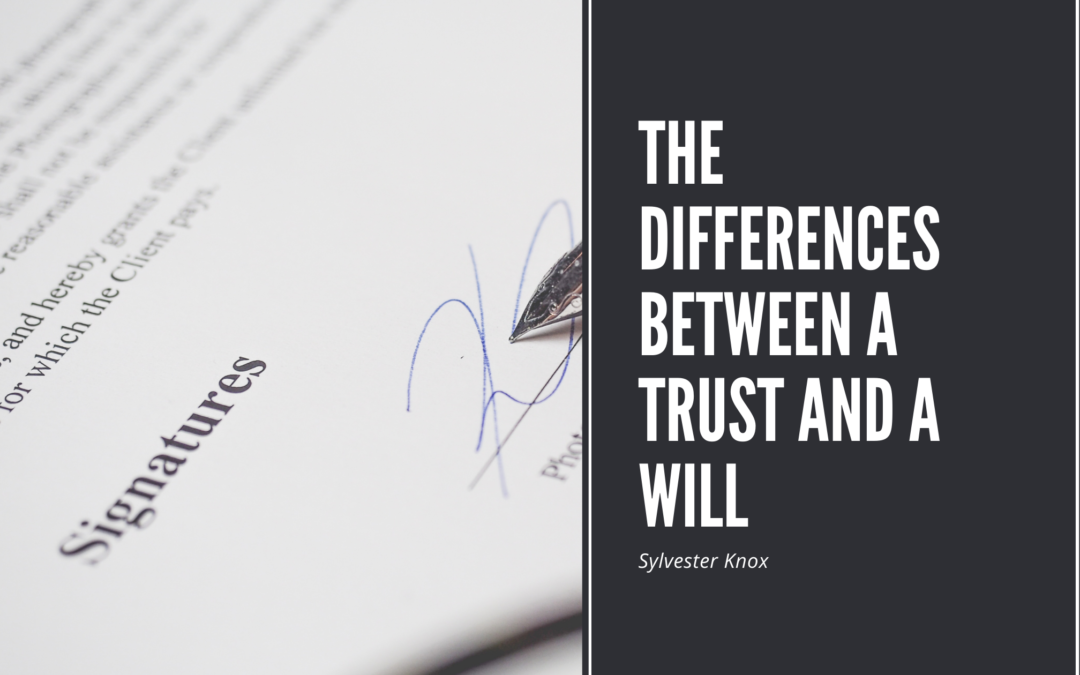Wills and trusts can help minimize the burden of transferring assets to heirs after your death. They can also help minimize the tax liability that comes with it. When wealth is passed down to a subsequent generation, it becomes more involved.
What Are Wills?
A will is a document that states a person’s wishes regarding their financial affairs, such as how they would like their assets to be distributed. A trust is also a type of will that is active immediately after one’s death. Probate is a legal process that involves examining a person’s will. It can be lengthy and can be contested if family members contest it.
A testamentary will is a type of will that states how you want your assets to be distributed after passing away. Although wills can be effective in transferring assets after death, there are some disadvantages to it. For instance, having a will means it will be on your estate’s records and can be subject to probate court.
What Are Trusts?
Trusts are another method of transferring assets. It gives a third party authority to manage your assets. Trusts can be created for various purposes. There are two main types of trusts, namely living and testamentary. For living trusts, there are various ways to structure one.
Revocable living trusts are types of trusts that will need to be executed after the death of a loved one. It lets the trustor keep possession of the property while the owner is still alive. A living trust can pass property to its named beneficiaries without the need for court proceedings or attorney fees.
A trust is more costly to create and maintain. It can also control the distribution of assets following the trust document’s instructions. This is an effective method to control the end of your life.
Key Differences
While wills and trusts are both important tools for estate planning, they differ in their ways. A will goes through probate after the testator dies, while trusts do not. A trust will guide the transfer of an estate seamlessly while avoiding the costly and lengthy process of probate. But when there are minor children involved, you may want to list a guardian in your will.
Not everyone needs a will. If you have assets and a minor child, having both an estate-planning vehicle and a living trust may be a good idea. It is important to make an estate plan as early as possible. By creating a trust or will, you can ensure that your assets are distributed according to your wishes.

